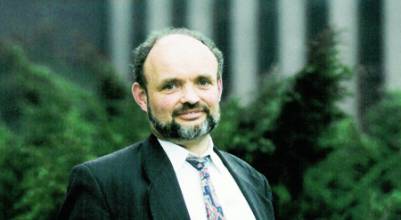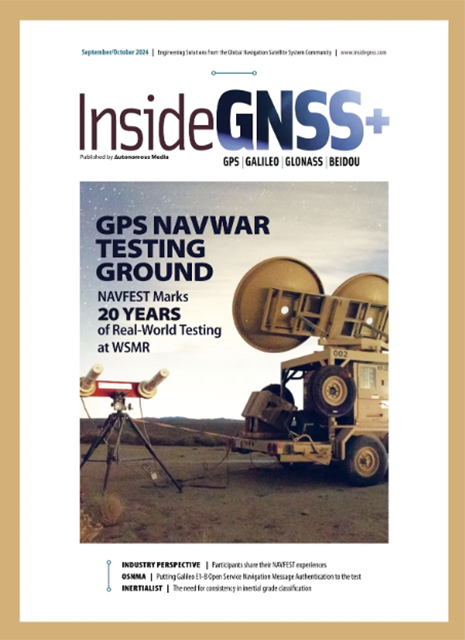Philip G. Mattos gained Bachelor’s and Master’s degrees in electronic engineering from Cambridge University, followed by Master’s degrees in telecoms and computer science from University of Essex.
He joined STMicroelectronics in 1979. Mattos was made a visiting research fellow at Bristol University, awarded an external Ph.D. for his GPS work, then appointed a visiting professor at University of Westminster in 2011.
Philip G. Mattos gained Bachelor’s and Master’s degrees in electronic engineering from Cambridge University, followed by Master’s degrees in telecoms and computer science from University of Essex.
He joined STMicroelectronics in 1979. Mattos was made a visiting research fellow at Bristol University, awarded an external Ph.D. for his GPS work, then appointed a visiting professor at University of Westminster in 2011.
Since 1989 he has worked exclusively on GNSS implementations, RF, baseband, and applications. Mattos is consulting on the next generation GNSS chips, including one-chip GPS (RF+digital), and high-sensitivity GPS and Galileo for indoor applications, and combined GPS/Galileo/GLONASS chipsets.
Mattos is currently leading the STMicroelectronics architecture team on L1C and BeiDou implementation, and the creation of totally generic hardware that can handle even unknown future systems.



